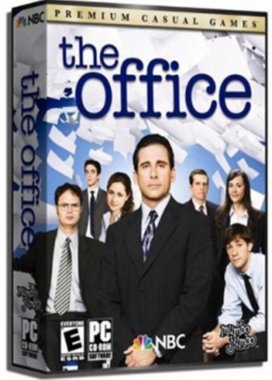The Office: Examining its Cultural Impact and Legacy

Introduction
The Office, an American mockumentary-style sitcom that premiered in 2005, has become iconic in the realm of television. Its unique blend of humour and relatable workplace scenarios resonated with audiences, making it a staple in popular culture. As we navigate the streaming landscape, the relevance of The Office continues to be felt, thanks to its widespread availability and the launch of its own spin-offs. This article explores the show’s significance and enduring legacy.
Show Overview and Popularity
Created by Greg Daniels, The Office was adapted from the UK series of the same name and ran for nine seasons on NBC. With an ensemble cast led by Steve Carell, Rainn Wilson, and John Krasinski, the series depicted the daily lives of employees at Dunder Mifflin, a paper company in Scranton, Pennsylvania. Its innovative mockumentary format provided a fresh perspective on the workplace sitcom, inviting audiences into the personal and professional struggles of its characters. The show not only achieved critical acclaim, receiving numerous awards, but also developed a loyal fan base that remains active years after its finale in 2013.
Continuing Impact and Adaptations
In recent years, The Office has been catapulted back into the limelight due to its streaming availability on platforms like Netflix and Peacock. Viewers, old and new, have discovered the series, leading to a surge in merchandise sales, themed events, and even a resurgence in its popular quotes and memes across social media. This modern revival has led to renewed interest, as fans engage in discussions about character arcs, memorable moments, and impactful life lessons presented throughout the series.
Additionally, the success of The Office has inspired other networks to explore the mockumentary format further, contributing to the rise of similar series such as Parks and Recreation and Brooklyn Nine-Nine. The influence of The Office on the television landscape is evident in how these shows have adopted its storytelling methods, character development, and comedic styles.
Conclusion
As we reflect on the continued impact of The Office, it is clear that this series has transcended the boundaries of traditional television. With its relatable characters and groundbreaking storytelling, The Office not only provided entertainment for millions but also fostered a community of fans who continue to celebrate its legacy. As new generations discover the series, it will undoubtedly remain a significant cultural touchstone, reminding us of the humour inherent in our everyday lives. Looking ahead, one can expect more references and adaptations influenced by this remarkable show, ensuring its place in television history.









